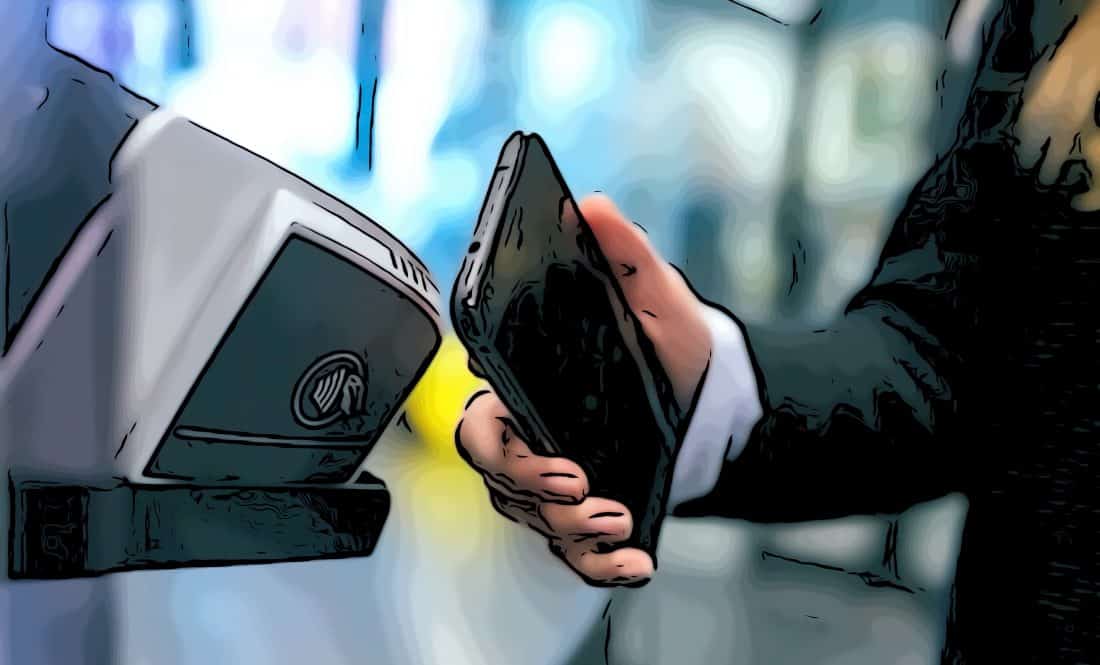New technological changes have enabled the birth of a new economic model that is always growing. European PSD2 looks to generate a safer and more reliable environment in this new digital economy. The Directive affects the banking sector, online shops, and users.
What will the new payment law mean for consumers?
The PSD2 has been created to give the user more freedom to pay, more security, fewer costs, and less discrimination.
It prohibits stores from making “recharges” for paying with a particular payment method.
Besides, it limits the user’s responsibility to a maximum of €50 in case of fraud and allows the development of new business models like those based on account information.
PSD2 introduces a controversial obligation: reinforced authentication. In a payment process, the dual authentication system will require the use of at least two of the three methods proposed by the Directive: something the user has (like a smartphone or card), something the user knows (like a code or password) and something the user is, like a fingerprint or facial recognition.
However, the digital economy is continuously accelerating, and some sectors are not yet ready. On the one hand, many banks are not able to process payments with biometric technology, which can lead to challenges such as false positives in banking transactions.. On the other, not all users have mobile phones with biometric identification technology by fingerprint or facial recognition.
In any case, this idea might have a significant impact on the e-commerce industry because the payment process becomes more extended, and the conversion rates can decrease. It may also have a direct effect on the accounts payable process.
The Direct Carrier Billing and the PSD2
Direct Carrier Billing (DCB) is a payment method available to any user with a mobile phone. It consists of charging the number of purchases on the user’s mobile bill (monthly or prepaid).
A regulatory push backs DCB: PSD2 promotes these payment technologies by extending its reach to new sectors (transport, ticketing, or parking). DCB has high acceptance among young and digital segments. It is perfect for buying online products or services that require a ticket, such as sporting events, shows, paying for parking, or even making donations to NGOs.
Direct Carrier Billing technology fits perfectly with the new model of the mobile economy. It’s a safe, simple, and among everything, pure mobile payment system. Smartphones are undoubted, one of the main drivers of the increase in digital consumption.
The digital payments landscape is changing, and the challenge of the entire ecosystem is to keep the balance between simplicity and security. The impact of European regulation is early to see, but it will arrive.
Digital Communications @ Telecoming

